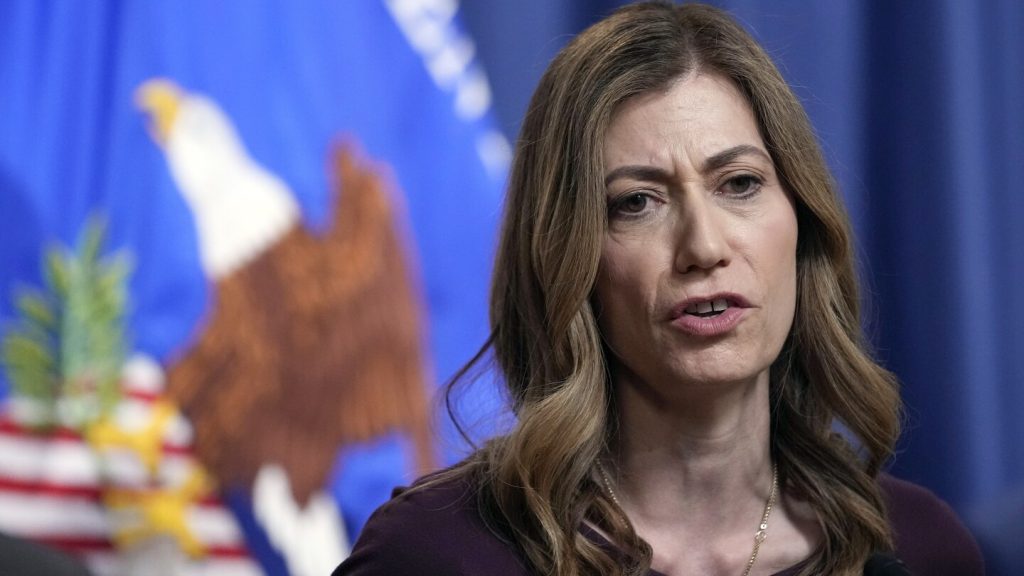DEA Chief Anne Milgram made a surprising announcement in a private meeting with top deputies, revealing that the Biden administration would soon be reclassifying marijuana as a less-dangerous drug. This move towards federal legalization was a major development that the DEA had long resisted. The decision to reclassify marijuana was taken over by the U.S. Justice Department, with Attorney General Merrick Garland signing the order, bypassing the usual process led by the DEA.
While the DEA had not yet determined its views on the appropriate schedule for marijuana, Attorney General Garland’s order outlined the proposal to shift pot from Schedule I to Schedule III, alongside drugs like ketamine and anabolic steroids. The DEA had sought additional scientific input to determine if marijuana had an accepted medical use, but the Justice Department overruled these concerns, deeming the criteria too narrow.
Some current and former DEA officials believe that politics may have influenced the decision to reclassify marijuana, suggesting that President Biden was using the issue to attract voters for his re-election campaign. The Justice Department defended the move, stating that it was consistent with HHS’ scientific and medical determinations. The debate over the risks posed by cannabis continues, despite the majority of states legalizing medical or recreational marijuana.
Despite the federal government’s internal differences, with HHS recommending reclassification while DEA was skeptical, the move towards reclassifying marijuana reflects changing attitudes towards legalization. While the NIDA has highlighted the increasing potency of marijuana and its potential risks, HHS has emphasized its medical benefits. The process of rescheduling marijuana will involve public comment, administrative review, and the publishing of a final rule.
DEA Chief Anne Milgram, who has not expressed her stance on marijuana publicly, has taken a data-driven approach to law enforcement. Her silence on the issue during her confirmation and her focus on the fentanyl crisis suggest that she views the legalization debate as a distraction. The move to reclassify marijuana will have significant implications for federal drug policy and public health, as the nation grapples with changing attitudes towards marijuana use.


